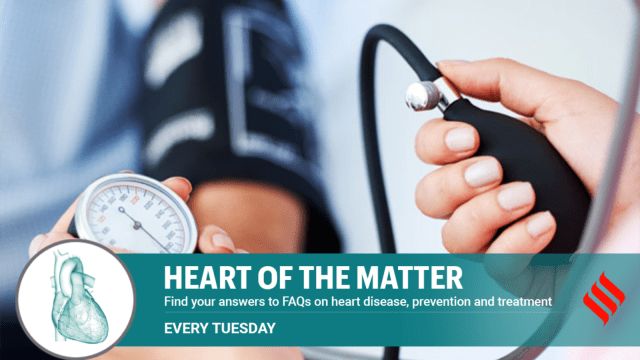On melatonin for sleep, 40-year-old woman passed out in my OPD with high BP and cholesterol: What did she miss?
No supplement can replace sleep hygiene protocols as a preventive heart health regime
 During deep sleep, your blood pressure and heart rate drop, which allows the heart to recover from the day’s stress.
During deep sleep, your blood pressure and heart rate drop, which allows the heart to recover from the day’s stress.A 40-year-old woman just passed out in the OPD in the middle of a busy afternoon. While everybody got anxious, fearing an emergency, she woke up in under a minute. Turned out she had lapsed into micro-sleep, an involuntary episode of sudden and uncontrollable sleep for 30 seconds or more, where her brain had shut down for a while. She was chronically sleep deprived. On investigation, we found that she had very high blood pressure of around 175/110 mmHg, high diabetes and cholesterol. She was overweight too. And all her parameters circled back to one problem, she could not sleep beyond four hours.
“Doctor I have been taking melatonin supplements and still I have not been getting good sleep,” she told me. Now a melatonin supplement, which mimics the function of the sleep-inducing hormone, is not for everybody. Very few know that it doesn’t work in cases of sleep deficit caused by stress, hormonal imbalance or underlying conditions. Besides, supplements are not a prescription drug and their composition may not be uniform. So taking melatonin supplements without the doctor’s supervision or recommendation is not a solution. Besides, there is a lack of data on its long-term safety.
Now a review of five years of health records for more than 130,000 adults with insomnia, who had used melatonin supplements as a sleep aid for at least a year, found they were more likely to be diagnosed with heart failure, require hospitalization for the condition or die from any cause. This review, published by the American Heart Association, is observational in nature, shows an association but not a causal link and definitely proves that supplements cannot work magic if there is an underlying condition, cardiac or otherwise, for the insomnia to persist. That only a proper sleep hygiene may be able to resolve with other lifestyle disciplinary measures.
Why lack of sleep can raise risks for heart health
Now, my patient was mid-career and anxiety over career targets meant she worked long, often carrying it back home. Like many professionals, she thought that sleep was the most negotiable part of her daily routine. What they do not understand is that it is the only non-negotiable in preventive heart health. Sleep allows the heart to rest and recover, lowers blood pressure and maintains hormonal balance, particularly among women.
During deep sleep, your blood pressure and heart rate drop, which allows the heart to recover from the day’s stress. So lesser hours of sleep mean the blood pressure jumps back again, leading to consistently higher readings and an increased risk of heart disease and stroke.
Sufficient sleep helps regulate hormones that control stress, appetite and blood sugar. Lack of sleep can lead to higher levels of stress hormones like cortisol, which forces the heart to work harder. Getting adequate sleep means the satiety hormone leptin works long enough with the brain and the food gets digested properly, helping with calorie balance, weight management and blood sugar control.
Lack of sleep is linked to increased inflammation in the body, which hardens arteries, damages the lining of blood vessels and leads to heart rhythm disorders or arrhythmias. But most of all sleep builds immune cells, helps them to retain memory of fighting illnesses and strengthens antibodies.
How my patient modified her sleep patterns
Many studies have shown that the heart loves consistent sleep. My patient did simple changes. She stopped having coffee or tea at 4 pm. No matter where she was, she always made sure to have her last meal of the day by 7.30 pm and planned her walks and other activities before scheduling to fall asleep between 11 and 11.30 pm. In fact, she worked on a screen curfew. Be it TV/screen time, she would stay away from them 10 pm onwards. She used in-app notifications to monitor her curfew and silence alerts. Meanwhile, she developed a reading habit before bed, and over time, developed a habit of writing about her stray thoughts herself.
The work she brought home, she could do better by waking up rested, early and alert. As her sleep improved, her anxiety, blood pressure and blood sugar levels went down and she lost some weight. These improvements encouraged her to do regular exercise.
Sleep is the most crucial and manageable aspect of preventive heart health. And no supplement can reset the body better than your own change of habit.
(Dr Shetty is lead cardiologist and medical director, Sparsh Hospital, Bengaluru)


- 01
- 02
- 03
- 04
- 05





























